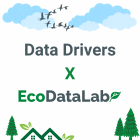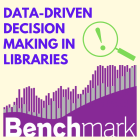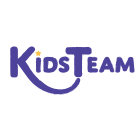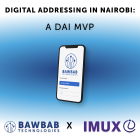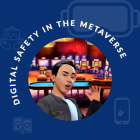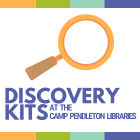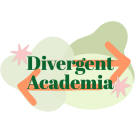
Customer Onboarding Journey - Pill Club
Created an effective onboarding journey program in order to improve customers’ onboarding experience and reduce the Pill Club’s online platforms’ dropout rates. Conducted a market research study to understand the perspectives of users regarding online birth control and provide feedback on TPC’s current onboarding process. Proposed design changes to reduce information gaps that improved customer satisfaction, and conversion rates and retain existing customers. Close to half of our recommendations are in the pipeline and we estimate a 14-20% increase in user conversion rates, that would enable The Pill Club to make online birth control more user friendly.


